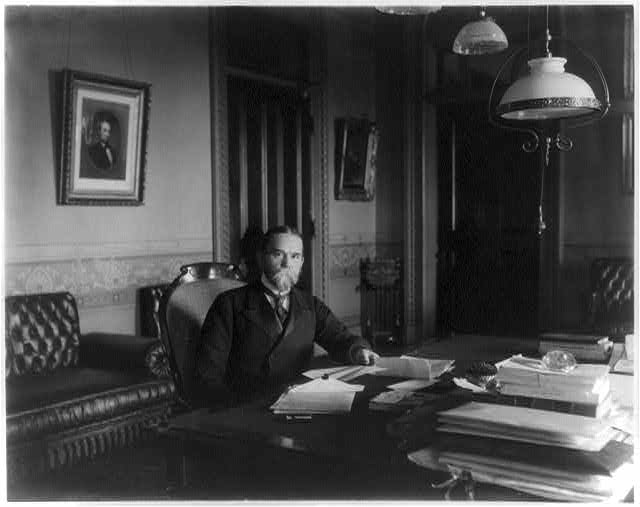A famous abolitionist was pretty unimpressed with the author of the Emancipation Proclamation.
From The New-York Times July 1, 1864:
WENDELL PHILLIPS ON THE ADMINISTRATION.; Reasons Why He Cannot Support Lincoln and Johnson–Mr. Lincoln’s Re-election a Public Calamity.
To the Editor of the Independent:
You refer to me in your notice last week of the Cleveland Convention, and seem to think I should wish, if fully informed, to withdraw from that movement. I believe I am fully informed in regard to it — at least your article suggests nothing new to me — and I have no wish to withdraw from it. * * * * I am glad and proud to be identified with such a movement, and history will forever guard the fact that the Cleveland Convention was the first political body of Americans to make that claim, and to plant itself fairly on the Declaration of Independence, in which they are, at once, consistent, statesmanlike and just. The next generation will see and acknowledge that the men who demanded that step knew their times better, and served them more efficiently, than the author of the Emancipation Proclamation of January, 1863.
The next merit of Cleveland is its protest against the fast-growing despotism of an Administration which never shows vigor except against single individuals and in the quiet streets of New-York and Boston, but is imbecile and submissive in Tennessee and New-Orleans. If, in the profound peace of New-York, and without necessity, the President usurps all the power of Congress and the Judiciary — as in the Arguelles case — or wholly suppresses the Senate by sending his tool FRANK P. BLAIR to command an army without the shadow of a commission, it is time to ask where we are. If these things are done in the green tree, what may we expect in the dry? Ever since 1861 I have done what I could to point out the dangerous tendency of this use of despotic power. Its necessary use is alarming; the moment it outgoes the strict limits of that necessity, it should arouse the most vigilant attention and rebuke.
The only other article of the Baltimore Platform, in which the influence of Cleveland can be traced, is that meaningless and hypocritical one supposed to relate to a change in the Cabinet; an attempt to say nothing and yet save appearances — an attempt, the first half of which was successful. The Baltimore men knew then, and know now, that Mr. LINCOLN neither plans nor will consent to change his Cabine[t] unless he is forced to do it by a pressure outside his party and so strong as to make it tremble.
You dread a union between Cleveland and the Democrats. I should welcome it. The only question is the terms of such union. I am not myself a voter, and could neither give nor take office under the present Constitution. But any Democrat who will join me in securing a union without a slave, and with every man, black or white, equal before the law, I shall be glad to work with. If Cleveland imitates the Republican party, and to win office deserts its principles, then I shall desert Cleveland. But as the party now in power has betrayed us and left us only one chance in three of saving the Union, I am disposed to try any other which gives its adhesion to right principles.
In ordinary times, politics is of little interest to me. But to-day the nation hangs on the edge of Niagara. I have some hope, though but little expectation, that it will be saved under its present leaders. Duty bids me make every effort to insure its safety. Hence I joined the Cleveland Convention, as a protest against the calamity of Mr. LINCOLN’s reelection. I still trust that it may be made effectual to prevent that disaster. I hope the sound portion of the Democratic party — lovers of their country — will accept an Anti-Slavery basis of action and join us. To achieve such a union is my present effort. I gave the Republican Administration generous confidence for three years. Compromising, purposeless, halting, cowardly, they have disgusted their own supporters and well nigh wrecked the nation. That way ruin lies. I am anxious, at least, to try another. Watchful in the past against deceit, I shall watch as vigilantly in the future, and when the Cleveland movement commits folly, I shall rebuke and desert it. At present, its existence is almost my only hope of anything good being bullied out of this Administration.
It is too early to form any opinion of the result of the coming canvass. GRANT carries the decision of it on the point of his sword. If we of Cleveland fall, I shall not be surprised. Perfectly well aware that compromise is the essence of politics, and indispensibly necessary to success at the ballot-box, I should be more surprised to succeed. Indeed, the hour of such success would be the one when I should most anxiously reexamine my own position. Let me commend to you the same caution.
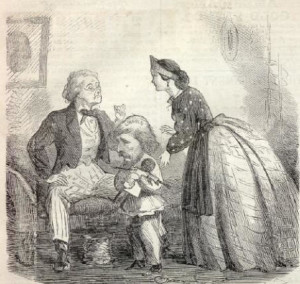
(Lincoln in his …on his head?) THAT’S WHAT’S THE TROUBLE WITH JOHN C.
MRS. COLUMBIA. “Tell me, DOCTOR, what is the matter with him? Do you think his Brain is affected?”
DOCTOR JONATHAN. “Oh! no, my dear MADAM ; it’s only a rather aggravated case of Sore Head!”
Unless, however, some union takes place among the opponents of the Administration, I have little expectation that the North Will finally succeed, except on the basis worse than defeat. If the North does triumph, I shall always look back to the Cleveland Convention as one of the most efficient contributions to that success.
Last, as to the nominees of the Cleveland Convention: I have confidence in the Anti-Slavery purpose of JOHN C. FREMONT; and I wait to see the policy which he and his political friends will adopt for the accomplishment of that purpose. As events unfold, I shall take my guidance in them, and shall take fit opportunity to express my opinion. I know the nature of politicians — how little to be trusted. Whether we shall be able to trust the Democratic party in this crisis, is yet uncertain; that we cannot trust the voluntary action of the Republican party is proved.
My motto is “The Country,” and I welcome any man’s aid to save it. If Chicago comes to Cleveland, I shall welcome its aid. If any of us quit Cleveland and go to Chicago. I shall not follow.
Yours respectfully, WENDELL PHILLIPS.
The political cartoon that differed with Wendell Phillips on the relative merits of Lincoln and Fremont was published in the July 2, 1862 issue of Harper’s Weekly at Son of the South

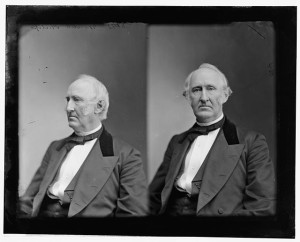
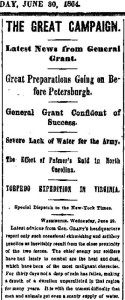
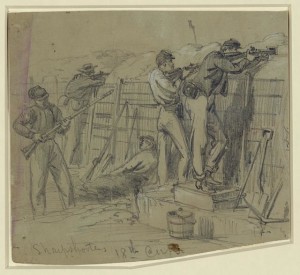
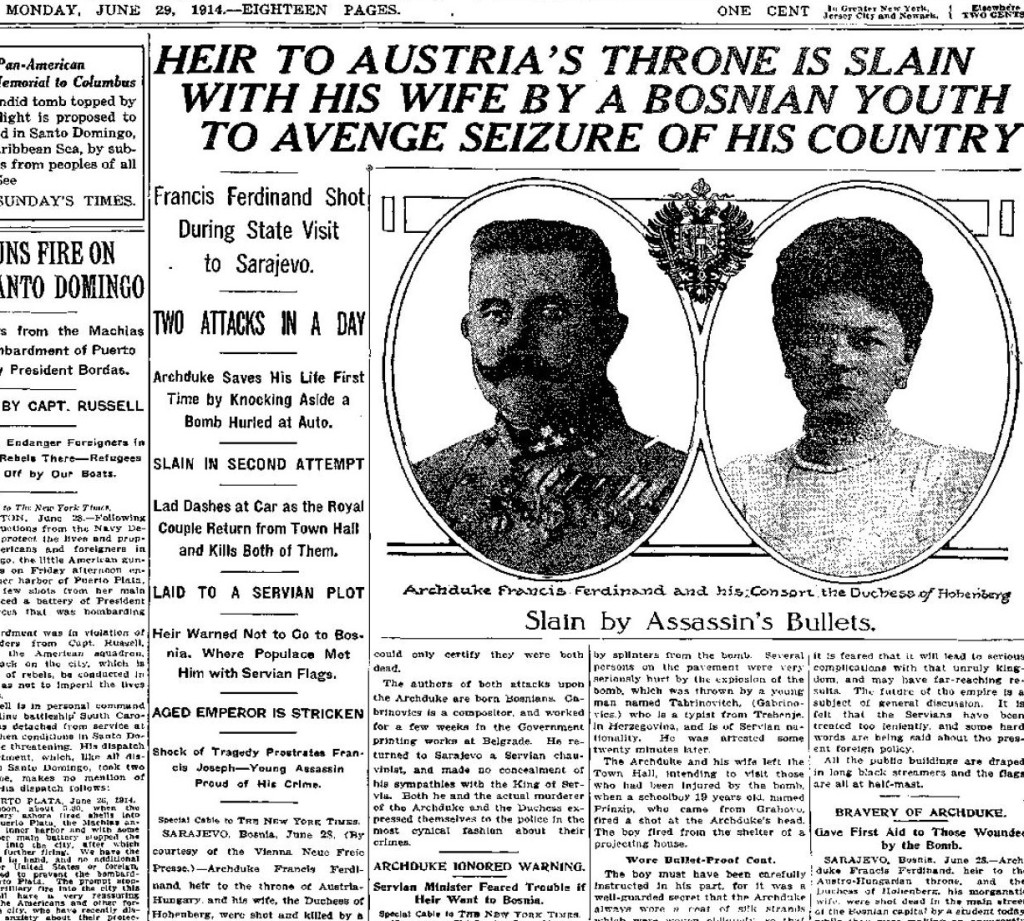
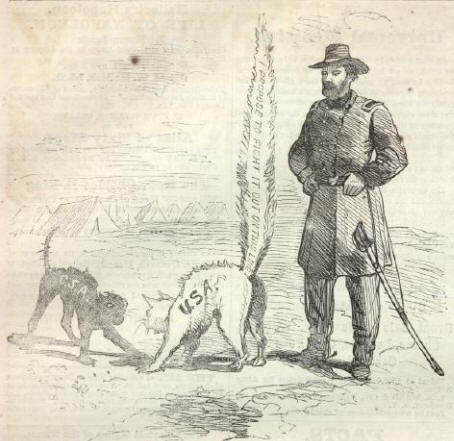
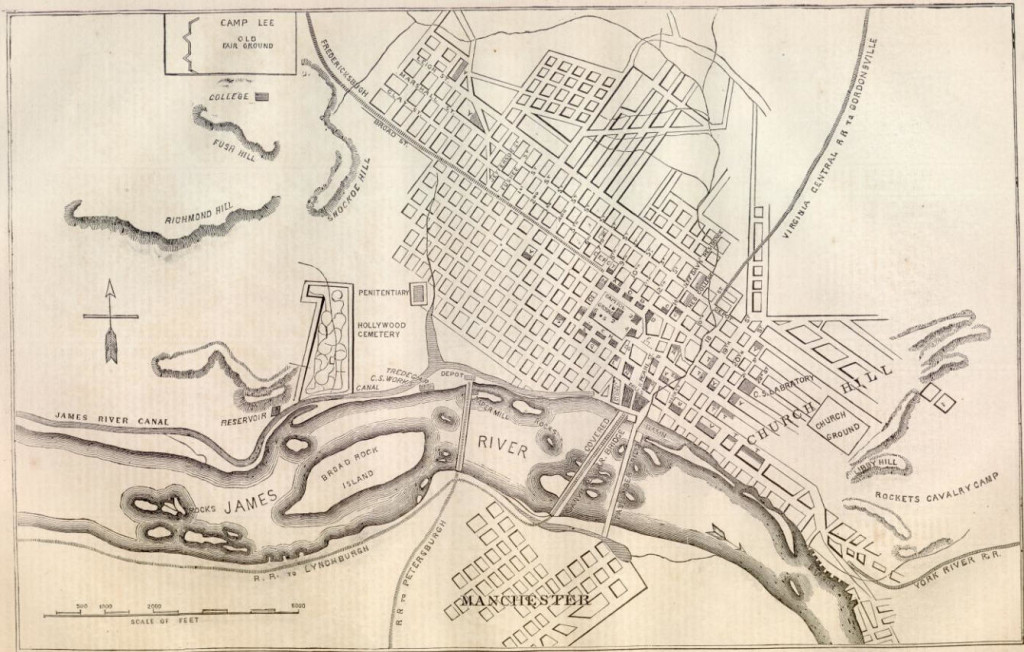
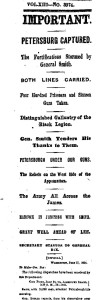
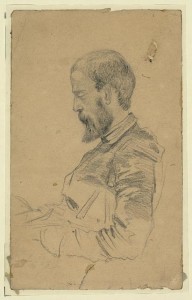


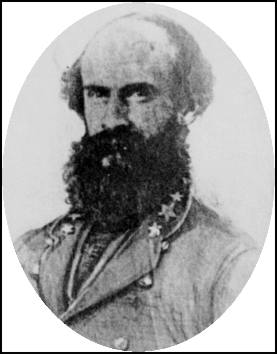
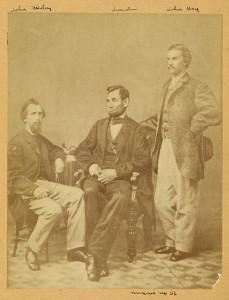
![Battle of Spottsylvania [sic ( [Boston] : L. Prang & Co., 1887.)](https://www.bluegrayreview.com/wp-content/uploads/2014/06/04038r-300x217.jpg)
